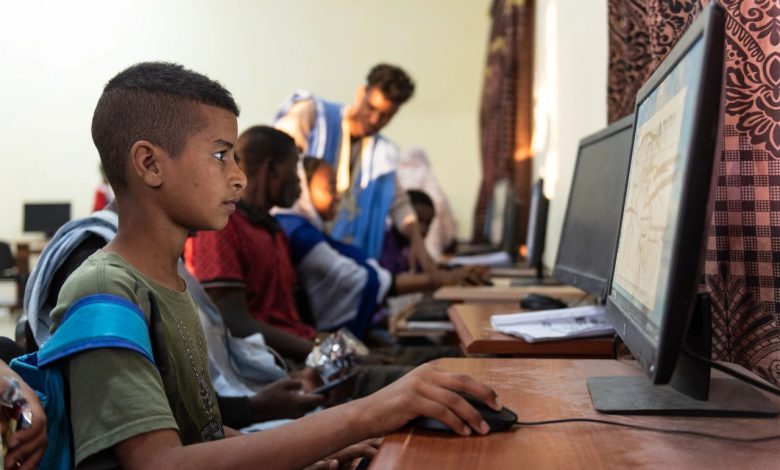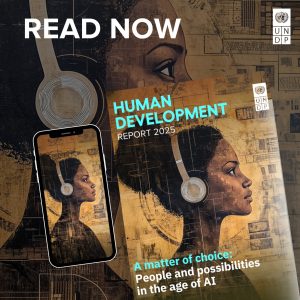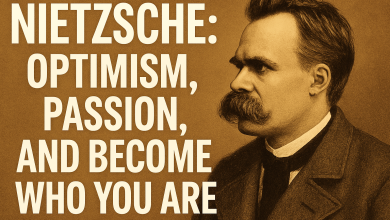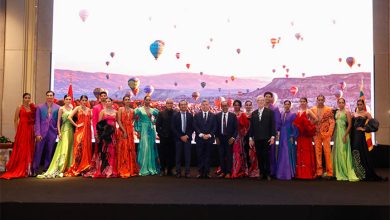The Clock Ticks, But Progress Pauses
As global development stalls, the world looks to AI not as an answer — but as an awakening

 The rhythm of progress has slowed to a near whisper. In its latest annual analysis, the United Nations Development Programme (UNDP) reports that global human development is crawling at its slowest pace in 35 years, marking a pivotal moment in the modern human story.
The rhythm of progress has slowed to a near whisper. In its latest annual analysis, the United Nations Development Programme (UNDP) reports that global human development is crawling at its slowest pace in 35 years, marking a pivotal moment in the modern human story.
Even excluding the pandemic’s upheaval, the Human Development Index (HDI) — a measurement that weighs life expectancy, education, and income — has barely moved. The 2025 Human Development Report, titled “A Matter of Choice: People and Possibilities in the Age of Artificial Intelligence,” urges a serious rethink of how progress is pursued in an age shaped by disruption and digital transformation.
The once-steady narrowing of inequality between countries has reversed. Low-HDI countries are now falling further behind, challenged by fragile economies, rising debt burdens, and diminishing access to traditional development levers.
UNDP Administrator Achim Steiner warns that without decisive action, humanity’s goal of a “very high human development world by 2030” may not arrive for decades.
“We are in danger of settling into a ‘new normal’ of stagnation — a world more vulnerable, divided, and insecure.”
Amid this sobering outlook, a few regions offer flickers of resilience. South Asia has shown the fastest HDI rebound in 2023, rising 4.8% — aided by improved access to education and a stronger push toward gender equity. East Asia and the Pacific followed with a 1.2% gain.
But the report is not just a diagnosis — it’s also a provocation. It dares to ask: Can Artificial Intelligence shift the story?
A global survey within the report reveals that 60% of people believe AI will bring new job opportunities. Even in the face of uncertainty, most respondents — especially in lower-HDI nations — anticipate AI will boost productivity, expand access to healthcare and learning, and open doors to entirely new forms of work.
Interestingly, only 13% fear job loss due to AI, while two-thirds expect to use AI tools within the next year.
But access, the report stresses, is not the same as empowerment. The digital divide — in electricity, infrastructure, and digital literacy — could become the new fault line of inequality.
To navigate this crossroads, the report lays out a human-centered framework for AI in development:
- Align AI systems with human values from design to deployment
- Redesign economies to support AI–human collaboration
- Modernize education and health systems for a digitally fluid world
“There is nothing inevitable about stagnation,” said Pedro Conceição, Director of the UNDP Human Development Report Office.
“With the right choices, AI can be a compass — not a crutch. It can help us reclaim a future where progress isn’t a privilege, but a possibility for all.”
As the digital age deepens, the world must decide: will technology widen divides — or become a bridge? The answer, the report insists, lies not in machines, but in the choices we make together.






